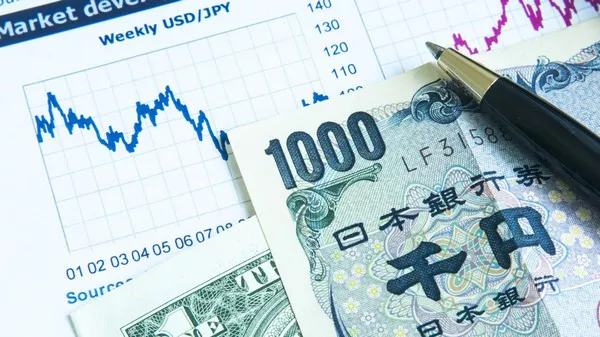USD/JPY failed to extend last Friday’s gains, opening out of a mild bearish gap on Monday. However, USD/JPY has finally rebounded a few pips from 149.00 levels or below the session lows following an escalation in geopolitical tensions in the Middle East, but there is a lack of follow-through, which tends to favor the safe-haven Japanese yen.
The Palestinian militant group Hamas in Gaza launched an unprecedented attack on an Israeli town on Saturday. Israel retaliated by launching air strikes on Gaza and declaring war on the Palestinian enclave last Sunday, causing hundreds of casualties on both sides. This has therefore had an impact on global risk sentiment, prompting some safe-haven funds to flow to the Japanese yen. This, along with a weak US dollar, is considered a deciding factor in USD/JPY’s direction.
The monthly U.S. non-farm payrolls data released on Friday was mixed, with the U.S. adding 336,000 non-farm payrolls in September, exceeding even the most optimistic expectations. In addition, last month’s non-farm payrolls data also fell from 187,000 to 227,000, indicating that the labor market remains tight. This thus once again confirms the Federal Reserve’s bet that it will raise interest rates at least once before the end of this year, which is still supportive of the rise in U.S. Treasury yields and provides some support for the dollar.
At the same time, other sub-data in the report showed that wage growth remained moderate in September, easing inflation concerns. This in turn prevents USD bulls from placing new bets, limiting USD/JPY’s upside. Traders also appeared reluctant to trade, preferring to wait and see ahead of Wednesday’s minutes from the Federal Reserve’s monetary policy meeting and Thursday’s latest U.S. consumer inflation data.
Meanwhile, speculation that Japanese authorities will intervene in foreign exchange markets to support the currency also capped USD/JPY gains. Indeed, Japan’s top foreign exchange official, Masato Kanda, warned last week that the yen’s prolonged decline may require intervention. In contrast, former top currency diplomat Naoyuki Shinohara said Japan may not seek to reverse the yen’s decline because the yen’s decline reflects economic fundamentals.
The above-mentioned fundamental factors are mixed, so aggressive traders need to exercise caution. In the absence of important data releases on Monday, it may force USD/JPY to continue to consolidate.


